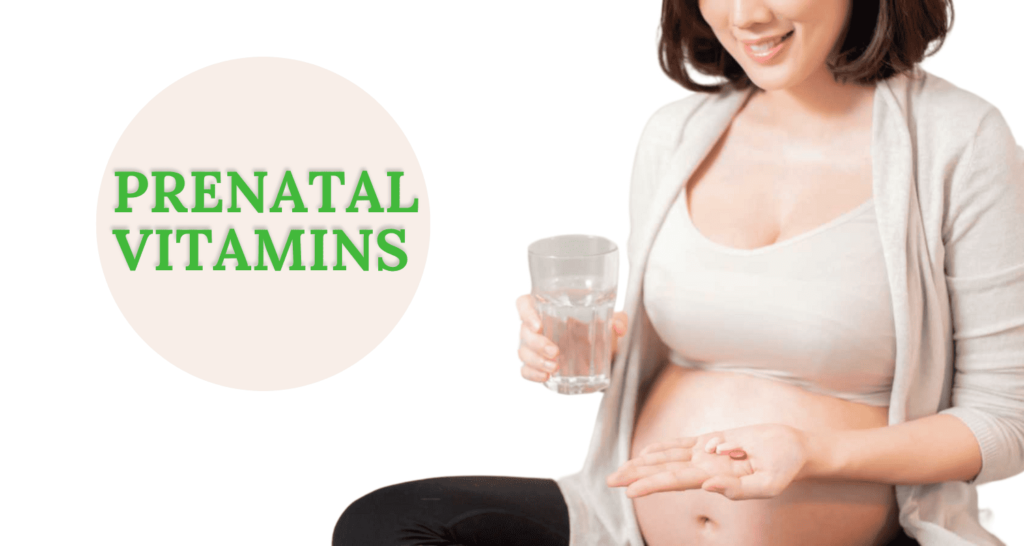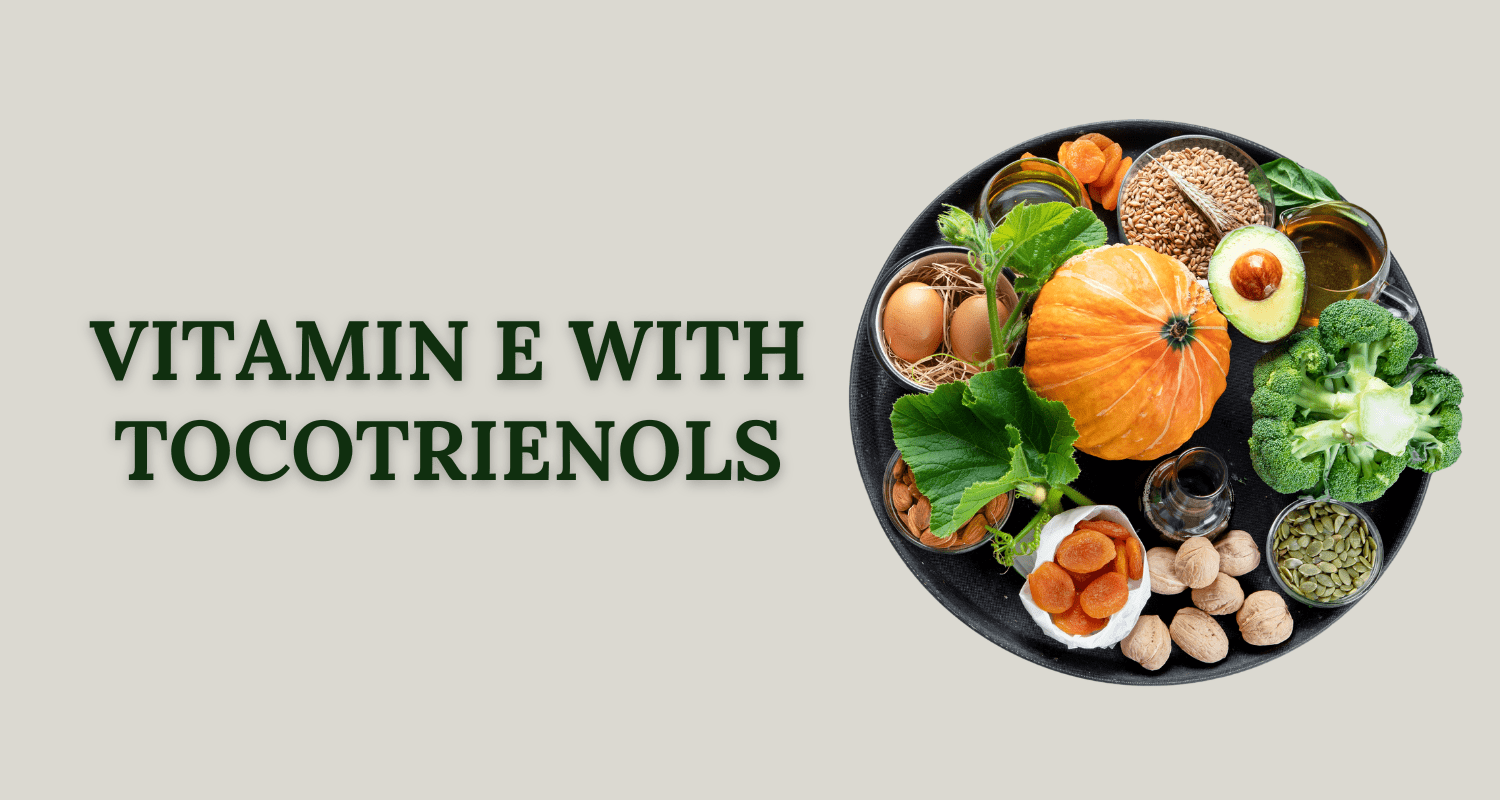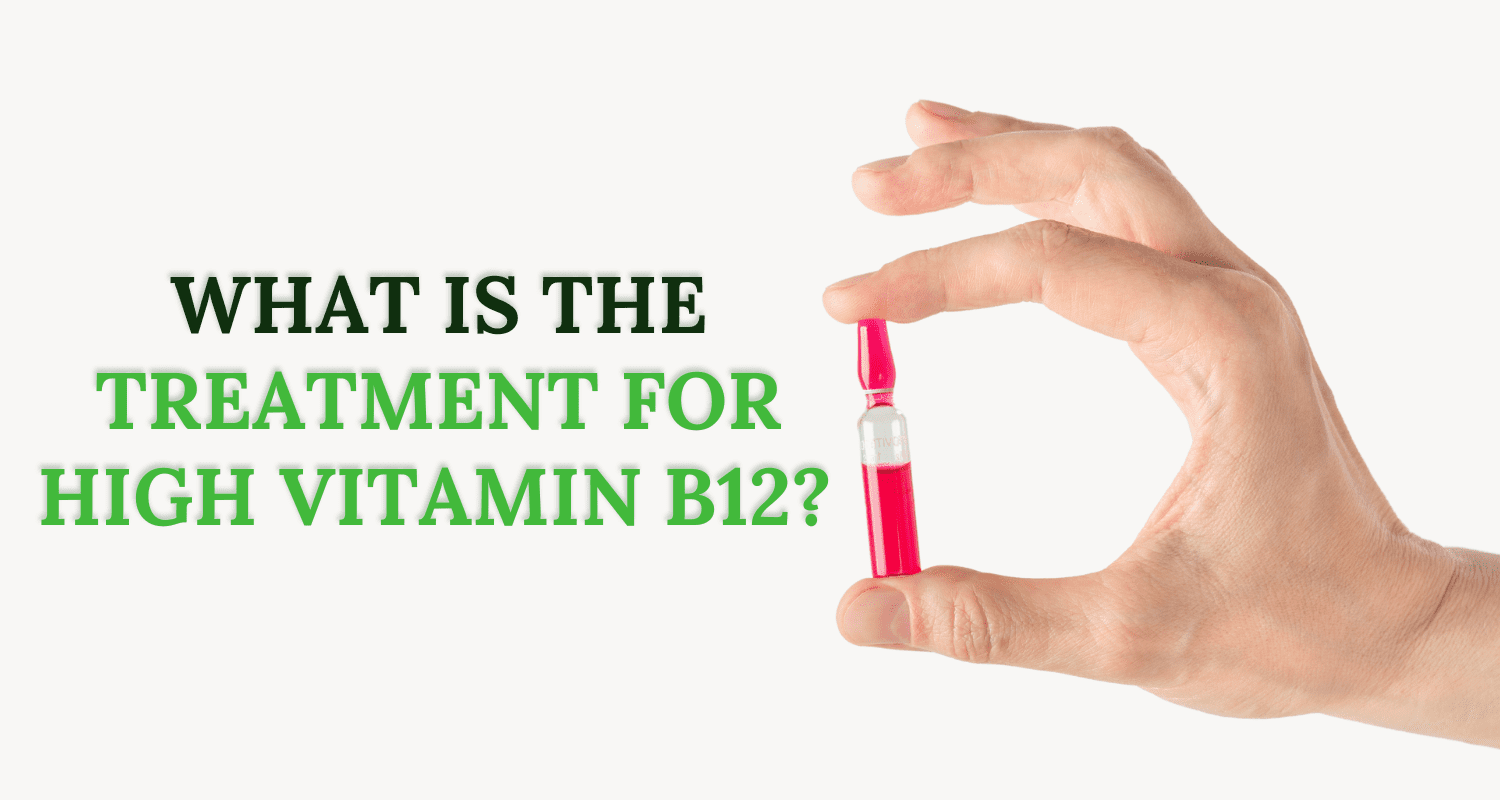Did you know that taking prenatal vitamins during pregnancy can significantly improve the health and well-being of both the mother and the baby?
These essential supplements provide a wide range of benefits that play a crucial role in supporting a healthy pregnancy and ensuring proper fetal development.
But exactly what does prenatal vitamins do?
When it comes to prenatal vitamins, the key lies in the specific nutrients they contain, such as folic acid and iron.
These nutrients are essential for the growth and development of the baby, and they play a vital role in preventing certain birth defects and reducing the risk of anemia in pregnant women.
But that’s not all.
Prenatal vitamins also provide a host of other important nutrients like calcium, vitamin D, vitamin C, vitamin A, vitamin E, B vitamins, zinc, and iodine.
These nutrients further support the overall health of both mother and baby during this critical period.
If you’re curious about the benefits of prenatal vitamins and why they are important during pregnancy, keep reading.
We’ll explore the different ways prenatal vitamins can positively impact maternal and fetal health, as well as the best time to start taking them.
Let’s explore: what does prenatal vitamins do?
Key Takeaways:
- What does prenatal vitamins do? Prenatal vitamins are crucial for supporting maternal and fetal health during pregnancy.
- They contain key nutrients like folic acid and iron, which are essential for proper fetal development.
- Additional nutrients in prenatal vitamins, like calcium, vitamin D, vitamin C, vitamin A, vitamin E, B vitamins, zinc, and iodine, further support maternal and fetal well-being.
- Starting prenatal vitamins before conception is ideal, but it’s never too late to begin taking them.
- Consult with your healthcare provider to determine the best prenatal vitamin for your specific needs.
The Best Prenatal Vitamins for Pregnancy
When it comes to selecting prenatal vitamins, it is crucial to choose a brand that provides the necessary nutrients for a healthy pregnancy.
These vitamins are widely available over-the-counter in pharmacies, and while your healthcare provider may offer recommendations, the final choice is often up to you.
While folic acid and iron are essential components of prenatal vitamins, it is also important to look for formulations that include calcium and vitamin D.
These nutrients play a vital role in promoting the development of your baby’s teeth and bones.
- Calcium: Supports the baby’s developing bones and teeth
- Vitamin D: Assists in the absorption of calcium
In addition to calcium and vitamin D, there are other beneficial nutrients to consider when choosing prenatal vitamins:
- Vitamin C: Supports immune health and aids in the absorption of iron
- Vitamin A: Facilitates healthy vision and cell development
- Vitamin E: Acts as an antioxidant and promotes healthy cell function
- B vitamins: Including B6 and B12, important for energy production and brain development
- Zinc: Supports cell growth and immune system function
- Iodine: Essential for thyroid function and the development of the baby’s brain and nervous system
It’s essential to note that certain circumstances may require higher doses of specific nutrients.
Consult with your healthcare provider to address any personalized needs or concerns.
However, it is crucial to avoid excessive intake of prenatal vitamins, as high levels of certain vitamins can be harmful to the baby.
Always follow the recommended dosage guidelines and consult with your healthcare provider for guidance.
When to Start Taking Prenatal Vitamins
Ideally, it is recommended to start taking prenatal vitamins before conception to support the healthy development of the baby.
This is because the baby’s neural tube, which eventually becomes the brain and spinal cord, develops during the first month of pregnancy.
By starting prenatal vitamins early, you can ensure that your body has an adequate supply of the necessary nutrients before pregnancy.
However, if you’re already pregnant and haven’t started taking prenatal vitamins, it’s never too late to begin.
Prenatal vitamins can still provide essential nutrients that are necessary for the baby’s growth and development.
Even if you’re not actively trying to conceive, it’s generally a good idea for women of reproductive age to regularly take a prenatal vitamin.
This helps build up nutrient reserves in your body and prepares it for a healthy pregnancy when the time comes.
The earlier you start taking prenatal vitamins, the better.
These vitamins contain important nutrients like folic acid, iron, calcium, and others that are crucial during pregnancy.
Folic acid helps prevent neural tube defects, while iron supports the development of the placenta, fetus, and helps prevent anemia.
Other nutrients like calcium and vitamin D promote the baby’s bone and teeth development.
Taking prenatal vitamins during pregnancy ensures that you are providing your body and baby with the essential nutrients they need.
Consult with your healthcare provider to determine the best time to start taking prenatal vitamins based on your specific circumstances.
They can recommend the appropriate brand and dosage that suits your needs and help ensure a healthy pregnancy.
The Importance of Prenatal Vitamins
What does prenatal vitamins do? Prenatal vitamins play a crucial role in ensuring the health and well-being of both the mother and the baby during pregnancy.
These specially formulated supplements are designed to provide the essential nutrients that may be lacking in a pregnant woman’s diet, helping to fill any nutritional gaps and support proper fetal development.
One of the notable benefits of prenatal vitamins is that they promote healthy hair growth during pregnancy.
This is particularly true for those containing biotin and other B vitamins, which are known to support the growth and strength of hair follicles.
Aside from enhancing hair health, prenatal vitamins also help prevent certain birth defects, such as neural tube defects, which can occur early in pregnancy.
By providing adequate amounts of folic acid and other vital nutrients, these vitamins contribute to proper fetal development and reduce the risk of complications.
Moreover, prenatal vitamins contribute to the overall well-being of expectant mothers by reducing the risk of anemia.
Iron deficiency anemia is common during pregnancy, and taking prenatal vitamins containing iron helps maintain healthy red blood cell production and prevent this condition.
In summary, prenatal vitamins are an essential part of prenatal care.
They provide critical nutrients that support both the baby’s growth and the mother’s health.
Furthermore, prenatal vitamins promote healthy hair growth, prevent birth defects, and reduce the risk of anemia.
Consult with your healthcare provider to choose a prenatal vitamin that suits your needs and ensure a healthy pregnancy.
Conclusion
Taking prenatal vitamins is highly recommended for pregnant women or those planning to conceive.
What does prenatal vitamins do? These vitamins provide essential nutrients that are crucial for the healthy development of the baby and promote overall maternal health during pregnancy.
Key nutrients like folic acid and iron are necessary for proper fetal growth and can help prevent certain birth defects.
Prenatal vitamins also contain important vitamins and minerals such as calcium, vitamin D, vitamin C, vitamin A, vitamin E, B vitamins, zinc, and iodine, which support the baby’s development and ensure the mother’s well-being.
It is important to choose a prenatal vitamin that contains these necessary nutrients.
Starting prenatal vitamins before conception is ideal, but even if you’re already pregnant, it’s never too late to begin.
Consult with your healthcare provider to determine the best prenatal vitamin for your specific needs and ensure you and your baby receive all the essential nutrients for a healthy pregnancy.
FAQs
What does prenatal vitamins do?
Prenatal vitamins provide essential nutrients like folic acid, iron, and calcium crucial for fetal development during pregnancy.
What are the benefits of taking prenatal vitamins?
Taking prenatal vitamins can help reduce the risk of birth defects, support healthy fetal growth, and replenish maternal nutrient stores.
What happens if you take prenatal vitamins if you are not pregnant?
It’s generally safe to take prenatal vitamins if you’re not pregnant, but excess intake of certain nutrients like iron may lead to constipation or nausea.
Do prenatal vitamins make you more fertile?
Prenatal vitamins are not designed to increase fertility, but they ensure that your body has the necessary nutrients for a healthy pregnancy if conception occurs.
How long does it take for prenatal vitamins to kick in?
Prenatal vitamins start providing benefits as soon as they are absorbed, typically within a few hours to days of regular intake.
Is it OK to take prenatal vitamins everyday?
Yes, it’s recommended to take prenatal vitamins daily to ensure consistent nutrient levels, especially during pregnancy or while trying to conceive.
Is it good to take Prenatals everyday?
Yes, taking prenatal vitamins daily supports overall health and ensures sufficient intake of essential nutrients needed for pregnancy and fetal development.
Do prenatal vitamins help you get pregnant?
Prenatal vitamins themselves don’t increase fertility, but they support overall health, which can indirectly contribute to fertility.
Do prenatal vitamins help hair grow?
Prenatal vitamins may promote hair growth due to their high levels of biotin and other essential nutrients, but individual results may vary.
Do prenatal vitamins make you gain weight?
Prenatal vitamins themselves do not cause weight gain, but the additional nutrients they provide may contribute to overall caloric intake if not balanced with physical activity.
Is it OK for men to take prenatal vitamins?
Men can take prenatal vitamins, but they may not need all the nutrients included. It’s advisable to consult a healthcare provider for personalized recommendations.
Disclaimer: This content, including advice, provides generic information only. It is not a substitute for a qualified medical opinion. Always consult a specialist or your doctor for more information. Nutrition Cult does not claim responsibility for this information.




